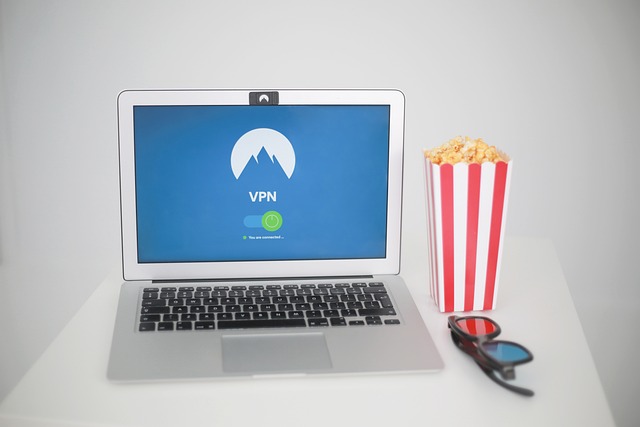Virtual Private Networks (VPN) are an important tool for Internet security and privacy protection, and are not only useful in your personal life, but also play an important role in business and corporate environments. This article will delve into the various functions of a VPN to help you better understand why VPN are so important.

Network security is one of the most important features of a VPN. When connecting to the internet through a VPN, your data is encrypted, which means that even if a hacker is able to intercept your packets, they will not be able to decipher their contents. This provides you with a secure communication channel, especially important when using unsecured public Wi-Fi networks.VPN protects your sensitive information from hackers and eavesdroppers.
2. Privacy Protection
Privacy protection is one of the core features of a VPN. When you use a VPN, your real IP address is hidden and replaced with the IP address of the VPN server. This means you can browse the internet anonymously without being tracked or traced. This is especially important for those who care about personal privacy, especially in an age of advertisers and data collection on the internet.
3. Access to restricted content
Some countries or regions censor and block the Internet, restricting users from accessing certain websites and services. a VPN can help you bypass these geo-location restrictions and access blocked content by connecting to servers located in other countries or regions. This is useful for watching international streams, getting global news or accessing specific websites.
4. Bypassing Internet censorship
In some countries, the government censors the Internet extensively, restricting freedom of speech and access to information. Using a VPN can help you bypass this censorship, allowing you to freely access content on the internet without government interference. However, it is important to note that certain countries also place restrictions on VPN, so you need to be extra careful when using a VPN to bypass censorship.
5. Secure Remote Access
For business users and remote workers, VPN provide a secure way to remotely access local network resources. By connecting to a company's VPN server, employees can access company servers, network drives, and other resources from a remote location without fear of data leakage. This is useful for telecommuting and collaborating with teams across geographies.
6. Bypass geographic restrictions
If you often need to access the Internet across borders, a VPN can help you bypass geolocation restrictions. After connecting to a VPN server located in another country or region, you can enjoy global internet freedom wherever you are. This is useful for travelers, international business people and families across countries.
7. Prevent ISP Data Surveillance
Internet Service Providers (ISP) usually monitor and record users' online activities. If you are worried about ISP tracking your online activities, a VPN can help you avoid such surveillance by encrypting your data traffic so that ISP cannot easily monitor your browsing history, downloads and uploads.
8. Prevent data blocking
In some cases, ISP may restrict specific types of traffic, such as P2P file sharing or video streaming. Using a VPN allows you to bypass these data blockades, giving you the freedom to use a wide range of services and applications on the Internet.
9. Encrypted File Transfers
In addition to protecting your internet connection, some VPN also offer file transfer and sharing features. This means that you can securely transfer files through the VPN without worrying about them being intercepted or stolen. This is very useful for secure transfer of business files.
10. Multi-Device Support
Modern VPN usually support multiple devices, including computers, smartphones, tablets, and routers. This means you can use the same VPN account on multiple devices, ensuring that all of your devices are protected.
To summarize
A virtual private network is a versatile tool that provides network security, privacy protection, access to restricted content, bypassing Internet censorship, secure remote access, bypassing geolocation restrictions, preventing ISP data surveillance, preventing data blocking, encrypted file transfers, and multi-device support. Both individual and business users can benefit from the various features of a VPN. Choosing the right VPN service provider and following best practices can ensure that your internet experience is more secure and private. Hopefully, this article has helped you better understand the various features of a VPN and their importance in your daily life and work.
 Email
Email